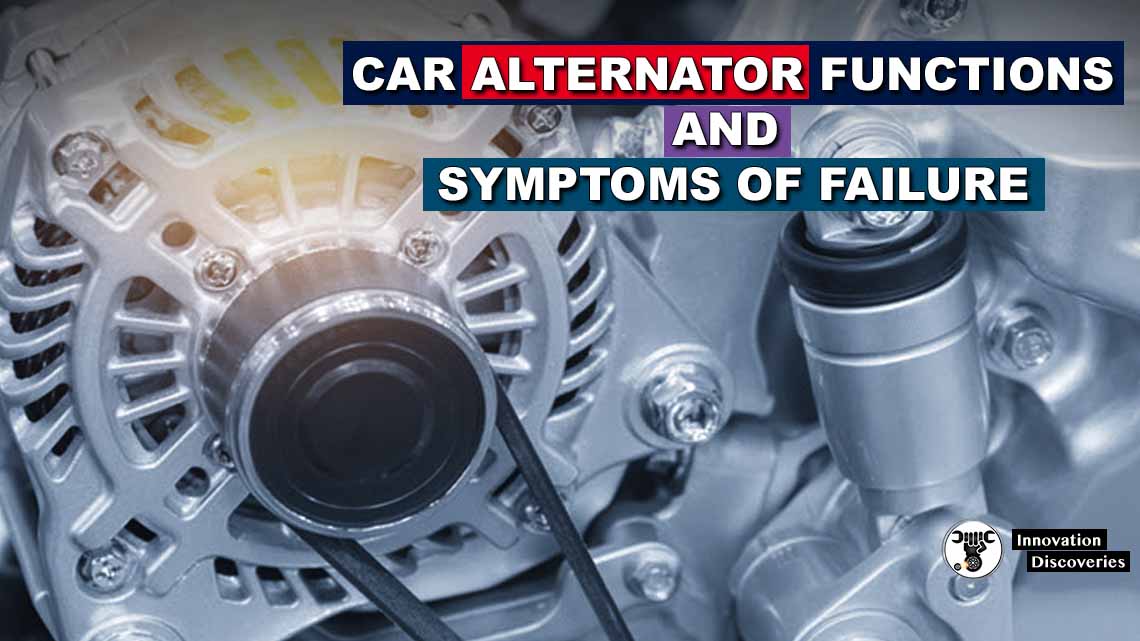
Introduction
Your car’s alternator is a vital component of the vehicle’s charging system, responsible for generating electrical power and charging the battery while the engine is running. As an essential part of the electrical system, it plays a crucial role in keeping your car running smoothly.
In this article, we’ll delve into the functions of a car alternator and explore the symptoms of failure you should be aware of to prevent potential breakdowns and costly repairs.
Functions of a Car Alternator
1. Charging the Battery
One of the primary functions of the car alternator is to charge the battery. As you turn on the engine, the alternator starts producing electrical power that replenishes the energy used during engine start-up. This continuous charging process ensures that the battery remains fully charged, providing the necessary electricity to start the engine and power various electrical systems while the vehicle is running.
2. Powering Electrical Systems
In addition to charging the battery, the alternator supplies electricity to power all the electrical components in your car. From headlights and taillights to the radio, air conditioning, power windows, and various sensors, the alternator plays a crucial role in providing the electricity needed to keep these systems functioning correctly.
3. Balancing Electrical Load
As you use different electrical systems in your car, the alternator adjusts its output to meet the demand. This balancing act ensures a stable electrical system and prevents overloading, protecting both the alternator and other electrical components from damage.
4. Voltage Regulation
The alternator is equipped with a voltage regulator that controls its output voltage. This essential feature keeps the voltage within a specific range, preventing electrical components from getting damaged due to excessive voltage. A stable voltage output also helps ensure efficient charging of the battery.
Symptoms of a Failing Car Alternator
1. Warning Light
One of the earliest signs of alternator failure is the appearance of a warning light on the dashboard. Usually labeled as “Battery” or “ALT,” this light indicates a potential problem with the charging system. If you notice this warning light illuminated, it’s crucial to have your vehicle inspected by a qualified mechanic promptly.
2. Dimming Lights
If your headlights, interior lights, or dashboard lights start to dim or flicker while you’re driving, it could be a sign of a failing alternator. Dimming lights often indicate that the alternator is not producing enough power to keep the electrical systems running optimally.
3. Battery Issues
If you find that your car’s battery is weak or frequently dead, despite being relatively new, it could be a clear sign that the alternator is not charging the battery correctly. An undercharged battery can lead to difficulties starting your car and potential breakdowns.
4. Strange Noises
A failing alternator might produce unusual noises such as whining, grinding, or rattling. These noises are often caused by worn-out bearings or internal components and should not be ignored.
5. Electrical Failures
When multiple electrical systems in your car start to malfunction or stop working altogether, it could be due to insufficient power from the alternator. If you experience such issues, have your vehicle checked immediately to prevent further damage to electrical components.
6. Burning Smell
A burning rubber or electrical smell emanating from your car could be a sign of an overheating alternator or a failing belt that drives the alternator. This situation requires immediate attention to prevent potential fire hazards.
7. Difficulty Starting
If your car has trouble starting, especially after sitting overnight, it could be because the battery hasn’t received enough charge from the alternator. Ignoring this symptom may leave you stranded in inconvenient situations.
Conclusion
Your car’s alternator plays a vital role in keeping the electrical system running and the battery charged while you’re on the road. Understanding its functions and recognizing the symptoms of failure is essential to prevent breakdowns and avoid costly repairs.
If you notice any warning signs of a failing alternator, don’t hesitate to have your vehicle inspected by a professional mechanic.
Regular maintenance and prompt attention to issues can ensure a smooth and hassle-free driving experience, allowing you to enjoy your car to the fullest.
Read More:
- Checking and replacing the starter motor(Opens in a new browser tab)
- How to check a relay switch(Opens in a new browser tab)
- Centrifugal Clutch – Working Principle, Main Parts Advantages and Disadvantages(Opens in a new browser tab)
- Dynamometer: Introduction, Types & Working(Opens in a new browser tab)
- Why The Porsche Taycan’s Disappointing Efficiency Matters(Opens in a new browser tab)
- The Procedure Of Jumpstarting A Car With A Bad Alternator(Opens in a new browser tab)
- Caliper Piston Won’t Compress: Common Causes & Solutions(Opens in a new browser tab)
- CHARGING SYSTEM: COMPONENTS, FUNCTIONS, WORKING PRINCIPLE AND DIAGNOSIS TIPS(Opens in a new browser tab)
Read More:

READ: STARTING AND CHARGING SYSTEMS
Visit Forum
Visit Our Friendly Website


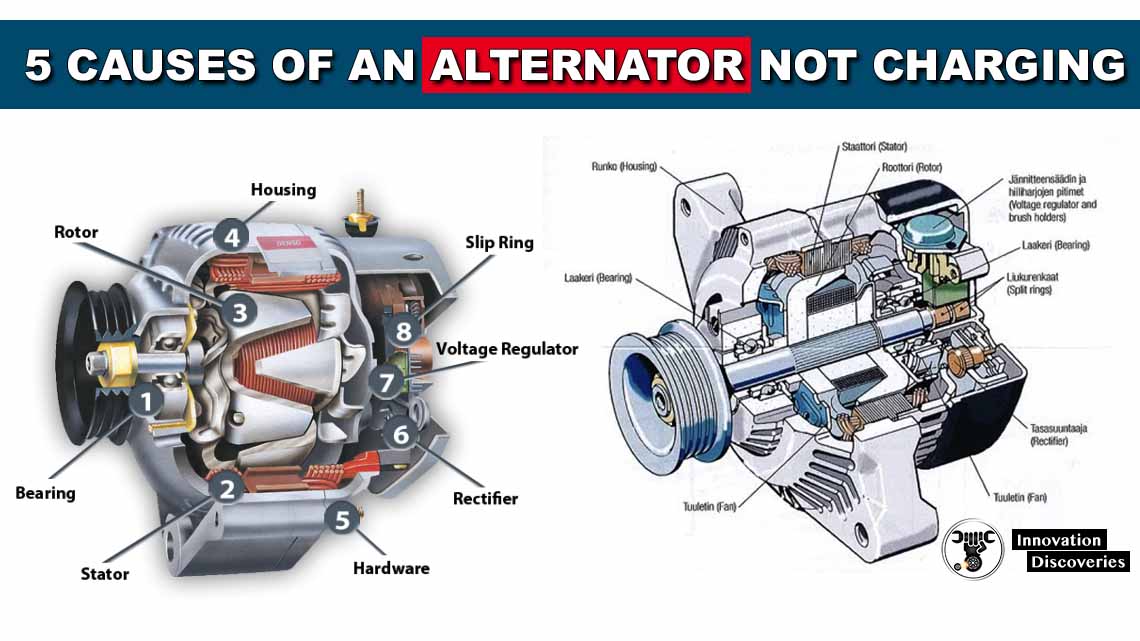
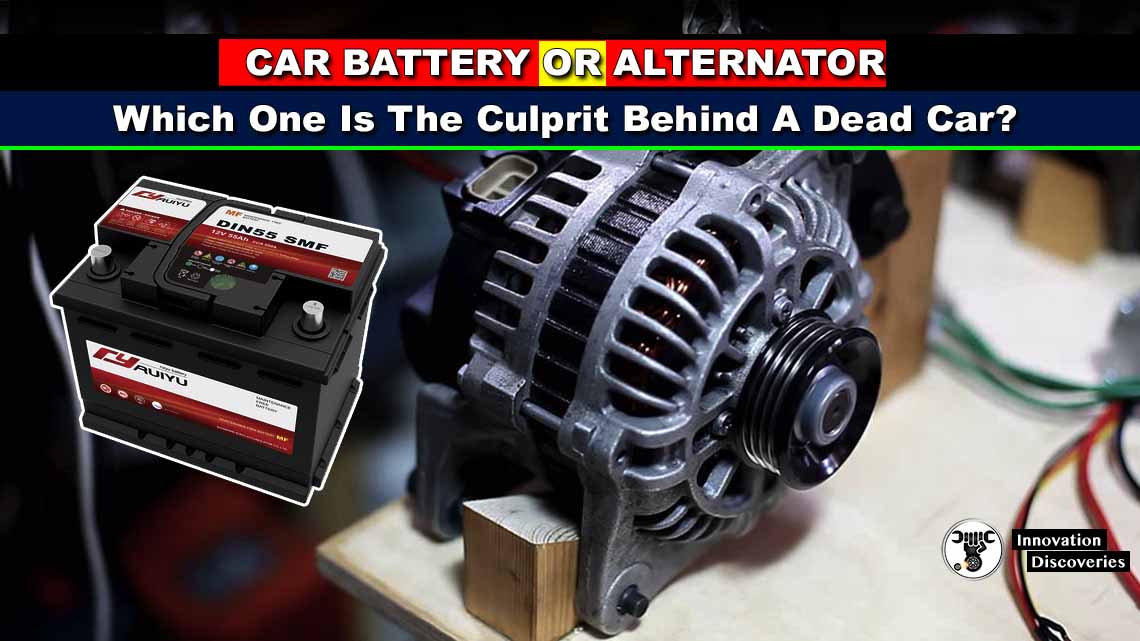
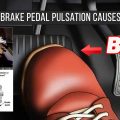
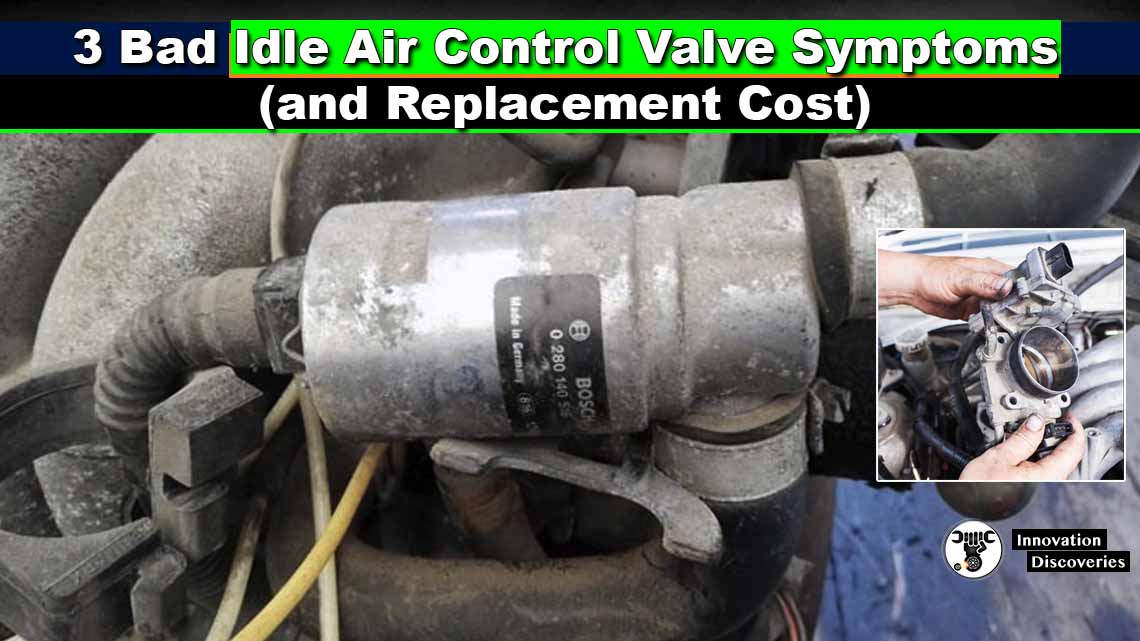
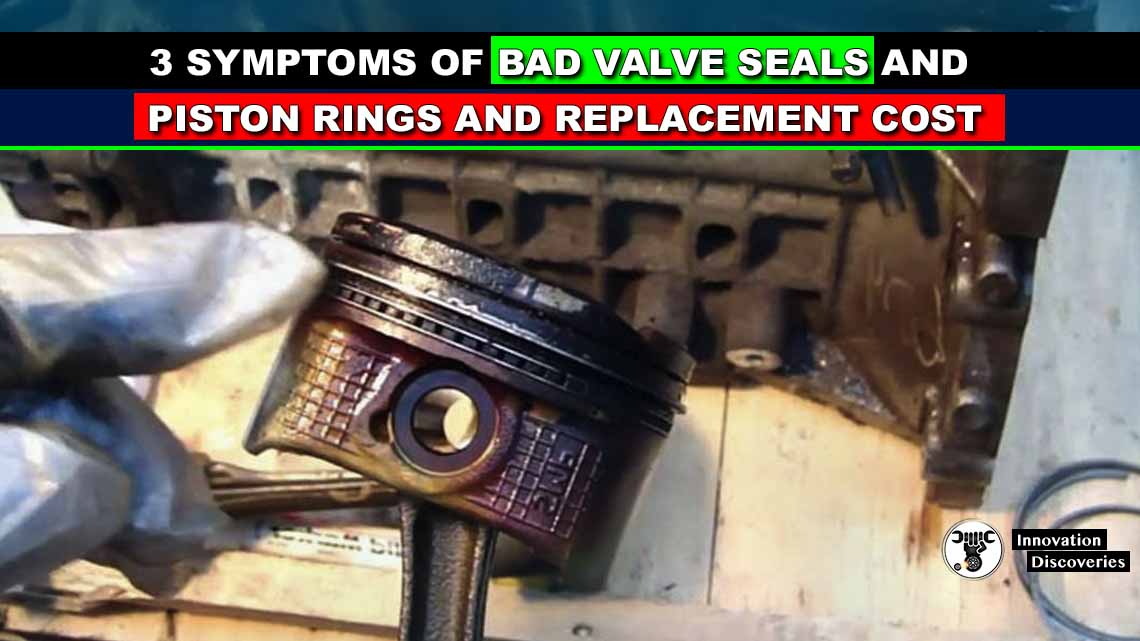
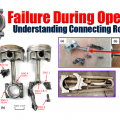
8 Comments